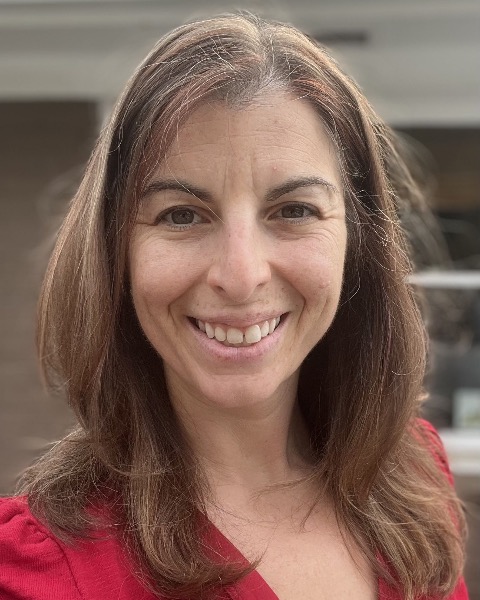Quality Improvement/Patient Safety
Trainee
Critical Debriefing to Improve Patient Care and Staff Wellness
-
.jpg)
Shobhit Jain, MD, FAAP, FACEP
Associate Professor of Pediatrics and Emergency Medicine
Emory University School of Medicine
Atlanta, Georgia, United States -
CK
Christopher Kennedy, MD (he/him/his)
Professor of pediatrics
Emergency Medicine
Children's Mercy Hospitals and Clinics
kansas city, Missouri, United States -

Thomas Welch-Horan, MD (he/him/his)
Director of Simulation, Division of Pediatric Emergency Medicine
Baylor College of Medicine
Houston, Texas, United States -

Danielle Reed, MD (she/her/hers)
Attending Neonatologist
Children’s Mercy-Kansas City
Kansas City, Missouri, United States -

Nicholas Clark, MD
Associate Professor of Pediatrics
Children's Mercy Kansas City
Kansas City, Missouri, United States -

Sonali Ramesh, MD, MBBS (she/her/hers)
Fellow
Children’s Mercy Hospital, Kansas, United States -

Rebecca Burger, MD, FAAP, FACEP (she/her/hers)
Associate Professor of Pediatrics and Emergency Medicine
Emory University School of Medicine
Decatur, Georgia, United States
Leader(s)
Co-Leader(s)
Workshop
Description: The Joint Commission and the American Heart Association recommend high-quality debriefing. Debriefs can help identify latent safety threats in addition to improving care, multidisciplinary communication, and staff resilience. However, optimal debriefs are infrequent due to lack of skilled facilitators, adequate time, and an appropriate setting. This session, led by experienced facilitators from emergency medicine, critical care, hospital medicine, and outpatient settings, will be interactive and focus on developing concise facilitated debriefing process adaptable to any clinical setting.
We will begin with a brief presentation on the salient literature, rationale, and potential benefits of post-event debriefing programs.
Next, during a short training participants will be guided through a practice session, and share tools for effective debrief, data collection methods, and system considerations.
The remainder of the workshop will be interactive. Participants will be divided into small groups based on the clinical setting in which they predominantly work. Each group, coached by a facilitator, will review at least 2 clinical scenarios and debrief as a team with role assignments and use of the tools provided. The facilitator will lead a short discussion on identifying gaps and formulating focused improvement opportunities. The groups will then come back together to share insights gained from the debriefing exercises. This will allow for further discussion and demonstration of an array of debriefing attributes.
Last, the facilitators will lead a short discussion on protecting confidentiality while engaging staff in successful systematic improvements. The workshop will close with a question/answer session.
Learning Objectives:
- Appraise the evidence and illustrate resources for post-event debriefing while protecting confidentiality
- Describe the elements of high quality communication after significant events
- Practice developing post debrief recommendations for sustained improvement
